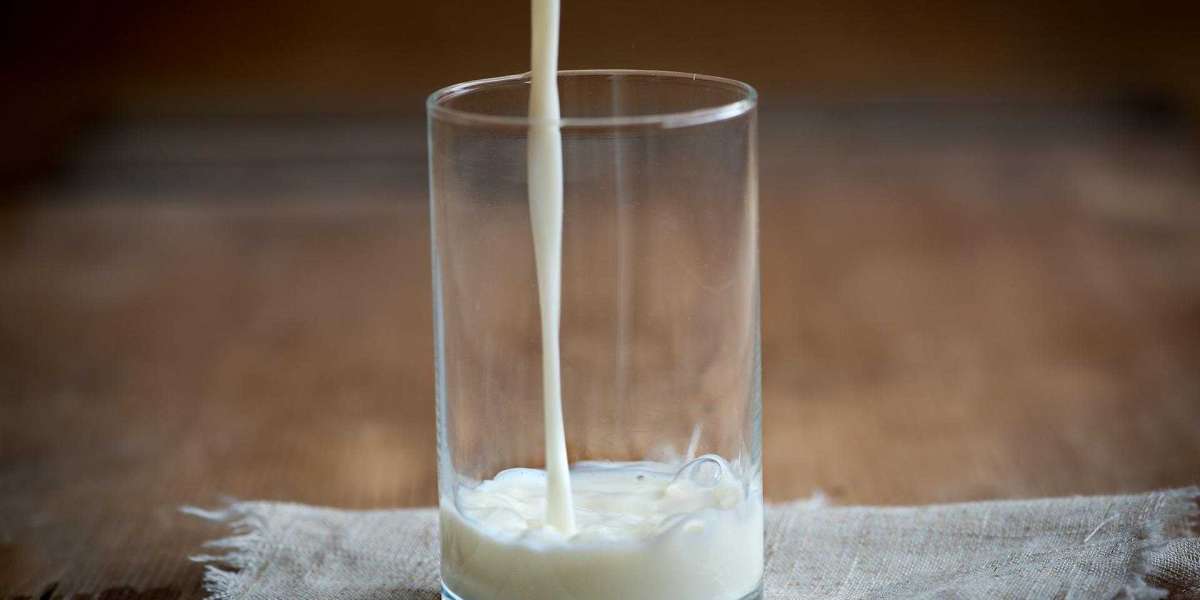How Much Water Should You Drink?
The topic of daily water consumption often stirs debate, and while we initially sought to sidestep it, our readers’ inquiries compel us to address it directly. To get straight to the point: the widely cited recommendation to drink 2.5 to 3 liters of water each day lacks a solid scientific foundation. Many nutritionists continue to advocate for the consumption of eight glasses of water daily, which is not ideal.
The origins of this advice are unclear. Some modern experts speculate that bottled water companies may have perpetuated these recommendations to their benefit. The most frequently referenced source is a guideline from the US National Research Council (NRC) from 1945, which suggested consuming 1 milliliter of water for each calorie of food ingested. However, given that this guidance is over half a century old, it is no longer applicable in today’s context.
Understanding Physiology
A deeper look into the physiology of digestion reveals an important nuance: we derive water not solely from liquids but also from food sources. For individuals who do not engage in excessive sweating, consuming about 1 liter of water daily—alongside the hydration obtained from food—may be sufficient. For those who exercise or engage in strenuous physical activities, increasing this intake to around 1.5 liters may be more appropriate.
Interestingly, the recommendation of eight glasses of water per day originates from the British Medical Journal, where a “glass” is defined as 150 milliliters, rather than the 300 milliliters often assumed in the CIS and former USSR countries. This means that the total suggested daily intake amounts to around 1,200 milliliters (150 ml x 8), which is significantly less than the 2,400 milliliters often cited in other contexts.
While coffee, tea, and other beverages cannot fully replace water, they can still contribute to hydration. It is not essential to consume plain water if you find it unappealing, but completely eliminating it could strain your kidneys over time.
Recent Research Insights
Recent studies conducted between 2012 and 2016 indicate that an optimal daily intake of liquid is around 1 to 1.5 liters. This total encompasses all types of liquids, not just plain water. However, it’s vital to consider individual factors such as gender, age, health conditions, climate, and physical activity levels. For instance, intense strength training will lead to increased sweating and fluid loss, necessitating a prompt replenishment of fluids through plain water.
Tips for Drinking Water
When it comes to hydration, it is advisable to avoid consuming large quantities of water at once. Instead, try to distribute your intake evenly throughout the day. Even during exercise, taking small sips of water is preferable to downing half a liter at once. Our bodies are not designed to absorb excessive amounts of water in a single sitting, leading to an additional workload for the kidneys and potential loss of essential minerals.
You can drink water before, during, or after meals without concern. There’s a common misconception that drinking water with meals disrupts acidity, hinders nutrient absorption, and causes digestive issues. However, basic physiology indicates that altering gastric acidity requires a substantial volume of water—approximately 10 liters—which is impractical given that the average stomach capacity is only about 1.5 liters. If water significantly impacted stomach acidity, heartburn would be easily manageable simply by drinking water, which is not the case.
Interestingly, drinking water before meals may help you feel fuller more quickly. It occupies space in your stomach, leading to a smaller intake of food and activating satiety receptors. However, it’s advisable to avoid combining sugary sodas and alcoholic beverages with meals, as they can indeed influence acidity.
Conclusion
A review of the latest 21st-century studies concerning water consumption reveals a lack of evidence supporting the necessity of increased water intake beyond individual needs. While insufficient hydration can lead to kidney issues, imbalances in water-salt levels, edema, and other related problems, most individuals meet their hydration needs through a combination of water, beverages, and food.
The consensus among health experts is clear: listen to your body. If you feel thirsty, drink. We recommend satisfying that thirst with water rather than other drinks. For optimal hydration, sip water in small quantities, ideally limiting yourself to a maximum of one glass at a time (around 300 milliliters).
Avoid overwhelming yourself with excessive water intake, and steer clear of blindly following modern hydration guidelines or applications. The ideal amount of water consumed varies from person to person and is influenced more by climate, age, and individual routines than by arbitrary figures.






